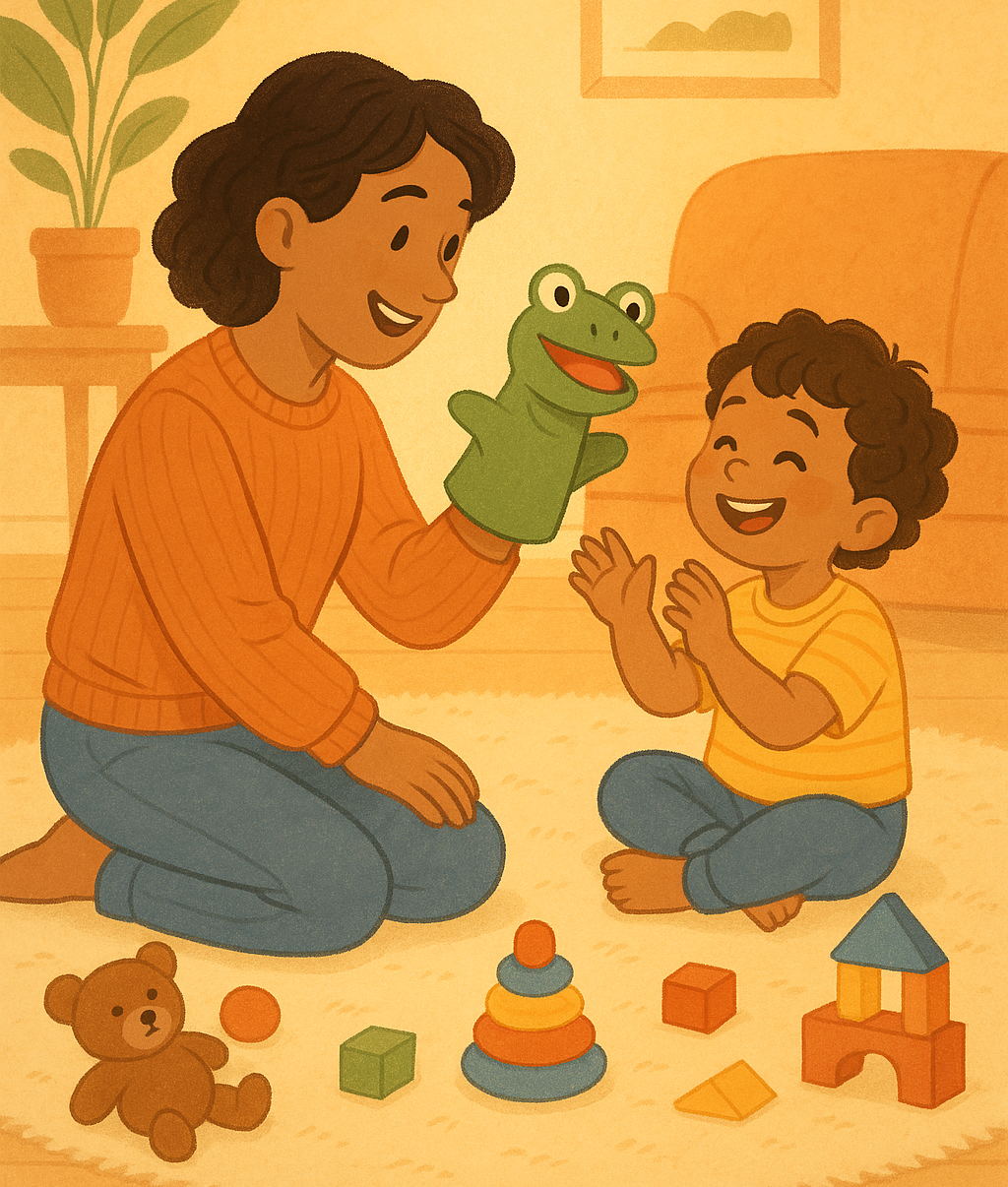Parenting teenagers can be a rollercoaster ride, filled with moments of joy, frustration, and uncertainty. One of the most debated topics among parents is whether it’s ever acceptable to snoop on their teen. As a play therapist, I understand the delicate balance between respecting a teen’s privacy and ensuring their safety. In this blog, we’ll explore this sensitive topic and provide guidance to help parents navigate these tricky waters.
Parenting is often described as a team effort, but what does that really mean? Should parenting always be a 50/50 split, or is there more to the story? In this blog, we’ll explore the dynamics of shared parenting responsibilities and how families can find balance in their unique situations.
Hi there, wonderful parents! I’m so glad you’re here. Today, I want to talk about something that might sound a little technical—“parental projective identification”—but I promise, it’s a concept that can make a big difference in how we connect with our kids. As a play therapist, I see this dynamic pop up in families all the time, and understanding it can help us nurture our children’s emotional health (and our own!).
Tantrums and meltdowns are a natural part of childhood, but they can be overwhelming for both children and parents. As a play therapist, I often see the transformative power of play in helping children navigate these intense emotions. In this blog, we’ll explore how play can be a valuable tool for addressing tantrums and meltdowns, offering practical strategies for parents to implement at home.
Friendship and confidence are two pillars of a happy childhood. As parents, we often wonder how we can help our children develop these essential skills. One of the most effective ways is through play. Play is not just fun; it’s a powerful tool for learning and growth. In this blog, we’ll explore how play can help your child make friends and build confidence.
Play is a universal language for children, and it can be a powerful tool for encouraging positive behavior. As parents, we often focus on correcting misbehavior, but what if we could use play to guide our children toward better choices? In this blog, we’ll explore creative ways to foster positive behavior through play.
Helicopter parenting is a term used to describe parents who are overly focused on their children. These parents typically take too much responsibility for their children’s experiences and, especially, their successes or failures. While it’s natural to want the best for your child, hovering too closely can have unintended consequences.
Raising resilient children is one of the most valuable gifts we can give as parents. Resilience helps kids navigate life’s challenges, bounce back from setbacks, and develop confidence in their ability to handle difficult situations. Here are some practical ways to help your child build strong coping skills…
When a crisis strikes—whether it’s a family emergency, a natural disaster, or a global event—children often feel confused, scared, and overwhelmed. As a parent or caregiver, your support is crucial in helping them navigate these challenging times. Here are some of the most productive ways to support your child during a crisis:
Adolescence is a time of rapid change—physically, emotionally, and socially. As teens navigate these transitions, their relationship with their bodies can become complicated. Developing a healthy body image during this stage is crucial for long-term self-esteem and mental well-being.










